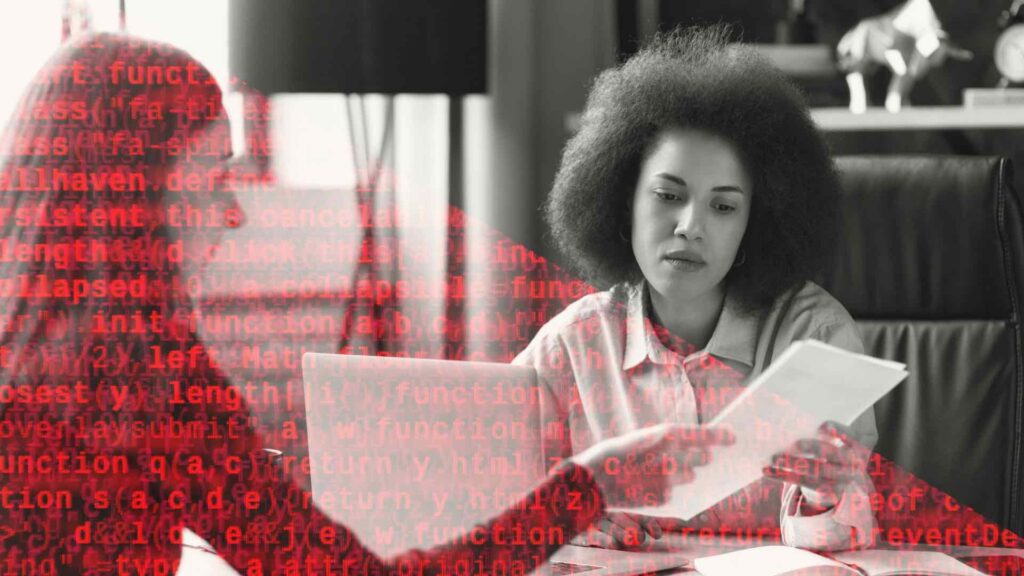Former Knight Science Journalism Fellow Hilke Schellmann is an investigative journalist with experience holding powerful people accountable. As those people hand decision-making power to artificial intelligence, Schellmann brings accountability to AI.
Astronomy Writer Lisa Grossman Makes Space for the Personal
After 15 years of writing about the cosmos, the Knight Science Journalism Fellow begins work on a memoir about loss, motherhood, and the biology that underscores both.
Ignition: What sparked M.R. O’Connor to write a book about fire?
Former Knight Science Journalism Fellow M.R. O’Connor says that authoring “Ignition” changed her vision of the history, and future, of fire on the landscape.


 "
" "
" "
"